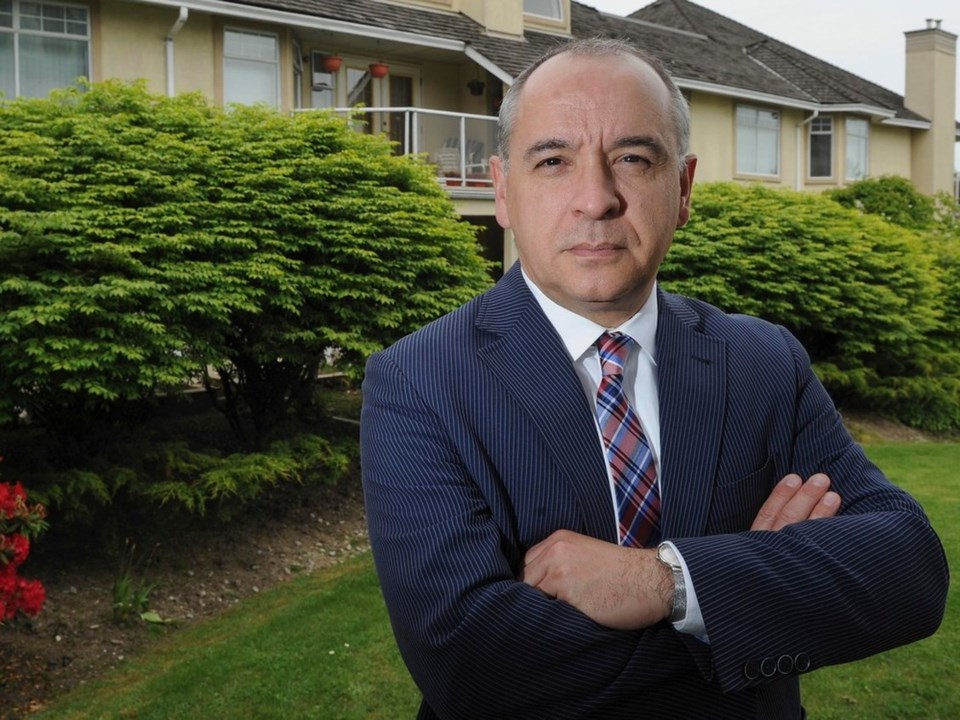Dear Tony: In 2019 our strata corporation investigated the possibility of selling our property, with little success. Even with a reasonable offer from a buyer, we could never reach more than 50% of the owners willing to wind up and sell our property.
Since 2019, we have deferred roofing repairs, replacement of a hot water boiler (we have two) and basically put essential repairs on hold. Four years later, we are in deep financial trouble. We did not manage to increase annual budgets to match inflation or manage our facilities, which include a club house and pool that is now inoperable.
We are concerned our insurance may be at risk next, and the cost has increased by 50% from three major water claims, resulting from failed plumbing systems. Our deductibles are now $250,000, so for normal claims we are basically self insured and owners will be left to their own repairs with no overage. A levy of $50,000 per unit is on the horizon for our roof replacement and plumbing upgrades as we have no reserve funds left.
What happens if we cannot pass the levies?
Caleb M.
A wind up option is enticing for strata corporations and owners as it provides an alternative to major repairs and costs for aging buildings, and hopefully a windfall for the owners; however, few windups these days offer any premiums on values. The increase in density and development costs imposed by the municipalities often carves the bonus of value from the owners’ benefit. The buyers are also faced with a long period for development, so the terms are often a two to three year period for closing, at which time the cost of real estate has risen another 15-20%. This is assuming the deal completes.
The downside of the windup process is strata corporations deferring major repairs as in your situation. A three to five year delay will only increase the risk of costs, damages and emergencies.
There are three options strata corporations or owners may consider in the approval of major construction. If your strata owners fail to pass a special levy by 3/4 vote, but more than half of the owners at the meeting voted in favour of the levy, the strata property act permits a strata corporation to make an application to the courts to order the repairs and the special levy. This is often the most economic and expedient method to proceed with major repairs.
The next option is where an owner may file a claim with the civil resolution tribunal to order the repairs to the property; however, the Tribunal does not have the authority to order the levy.
The third option is where an owner(s) may apply to the courts to appoint an administrator who is responsible to implement the scope of work and manage the levies and contracts.
Wherever possible I encourage strata councils to get advice from their lawyers and for the owners to have legal advice at their general meetings so they clearly understand the implications. Your council are a responsible and dedicated group proposing and recommending the repairs, but in the absence of support from the owners, court intervention may be necessary.
Tony Gioventu is executive director of the Condominium Home Owners Association


-thumb.png;w=120;h=80;mode=crop)
